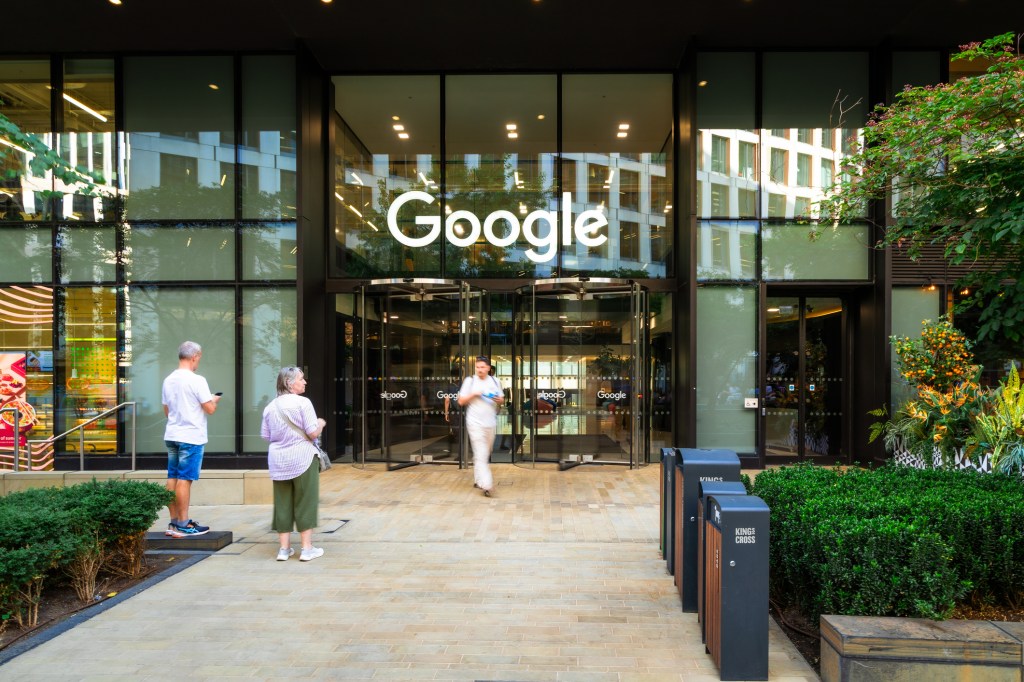In recent developments concerning digital privacy and government surveillance, Google has confirmed that it has not received any demands from the United Kingdom government to create a backdoor into its encrypted services. This clarification comes amid heightened scrutiny over governmental requests for access to encrypted user data.
Background on Encryption and Government Access
Encryption serves as a fundamental tool for protecting user data, ensuring that information remains accessible only to intended parties. End-to-end encryption, in particular, guarantees that data is encrypted on the sender’s device and only decrypted on the recipient’s device, preventing intermediaries, including service providers, from accessing the content.
Governments worldwide have expressed concerns that such encryption can hinder law enforcement efforts, especially in cases involving terrorism, child exploitation, and other serious crimes. Consequently, some governments have sought ways to access encrypted data, leading to tensions between privacy advocates and law enforcement agencies.
The UK’s Stance on Encryption Backdoors
The United Kingdom has been at the forefront of this debate. Earlier this year, reports emerged that the UK Home Office issued a secret court order under the Investigatory Powers Act of 2016, commonly referred to as the Snoopers’ Charter, demanding that Apple provide access to encrypted iCloud data. This order would have required Apple to create a backdoor, allowing UK authorities to access user data globally. Such a demand was unprecedented among democratic nations and sparked significant backlash from privacy advocates and tech companies alike.
Apple responded by expressing deep concern over the government’s request, emphasizing its commitment to user privacy and data security. The company indicated that it might withdraw certain encryption features from the UK market rather than comply with the government’s demands, asserting it would never build a back door into its products. Apple CEO Tim Cook warned that providing backdoor access could expose user data to malicious actors, further underscoring the risks associated with such demands.
Google’s Position and Confirmation
Amid these developments, U.S. Senator Ron Wyden, a member of the Senate Intelligence Committee, sought clarity on whether other tech giants, including Google, had received similar demands from the UK government. Initially, Google declined to comment on the matter. However, in a statement to TechCrunch, Google spokesperson Karl Ryan clarified the company’s position: We have never built any mechanism or ‘backdoor’ to circumvent end-to-end encryption in our products. If we say a product is end-to-end encrypted, it is.
When explicitly asked whether Google had received a technical capabilities notice—a formal request under UK law to provide access to encrypted data—Ryan responded, We haven’t received a technical capabilities notice.
This confirmation marks the first time Google has publicly stated that it has not been subject to such a UK government order, providing reassurance to users concerned about the privacy of their data.
Implications for Digital Privacy and Surveillance
The debate over encryption backdoors highlights the delicate balance between ensuring national security and protecting individual privacy rights. While governments argue that access to encrypted data is essential for combating serious crimes, tech companies and privacy advocates warn that creating backdoors could undermine global security and privacy protections.
Critics argue that introducing vulnerabilities into encryption systems could be exploited by cybercriminals and authoritarian regimes, posing significant risks to users worldwide. They also contend that such measures set a dangerous precedent, potentially leading other governments to demand similar access, thereby eroding the overall security of digital communications.
International Reactions and Future Outlook
The UK’s demand for encryption backdoors has not gone unnoticed on the international stage. U.S. officials, including Director of National Intelligence Tulsi Gabbard, have expressed grave concerns over the UK’s approach, warning that it could pose global cybersecurity risks. Gabbard emphasized that such demands could be a clear and egregious violation of Americans’ privacy and civil liberties and open up a serious vulnerability for cyber exploitation by adversarial actors.
In response to mounting pressure and criticism, reports suggest that the UK government may reconsider its stance on encryption backdoors. Discussions within the government indicate a potential shift away from demanding such access, reflecting the complexities and challenges associated with balancing security needs and privacy rights.
As the debate continues, it remains crucial for stakeholders—including governments, tech companies, and civil society—to engage in transparent and constructive dialogue to navigate the challenges posed by encryption and surveillance in the digital age.



